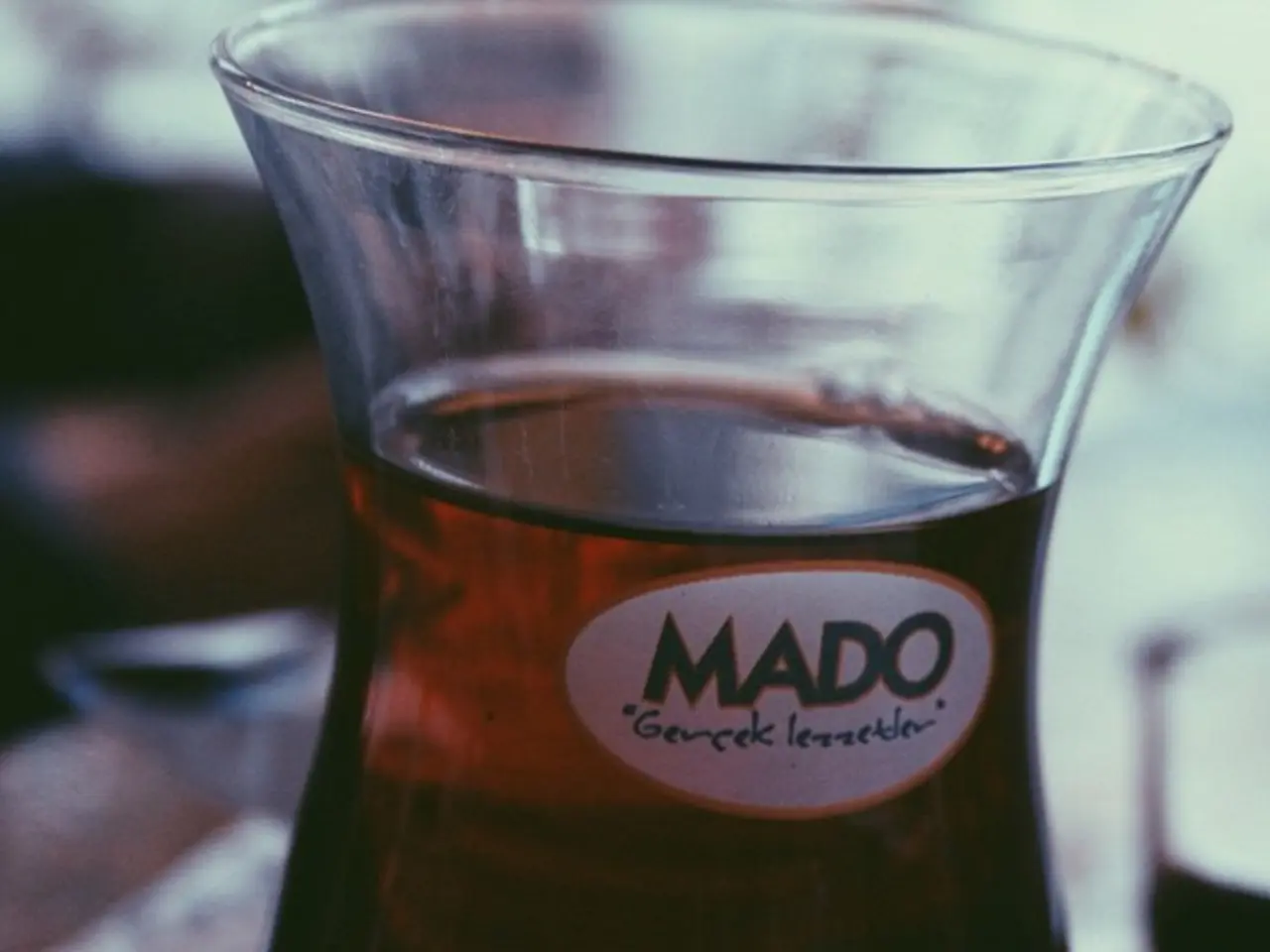Connection between Alcohol Consumption and Macular Degeneration: Unveiling the Relationship
In a recent study, moderate to high alcohol consumption has been found to be associated with an increased risk of early age-related macular degeneration (AMD), a leading cause of vision loss in adults aged 50 years and above. Specifically, consuming more than 20 grams of alcohol per day is associated with about a 20% increase in the chance of early AMD compared to non-drinkers [1].
This evidence suggests a modest positive association between alcohol intake and visual impairment from AMD. Researchers recommend limiting alcohol consumption to reduce the risk [1].
Beyond alcohol, other lifestyle factors contribute to AMD risk. Smoking, poor diet, physical inactivity, and cardiovascular health issues such as hypertension and high cholesterol are interlinked through mechanisms like oxidative stress and inflammation that affect both cardiovascular and ocular health [2]. Chronic stress has also been found to increase the risk of AMD, possibly by elevating intraocular pressure and contributing to systemic inflammation [2].
On the other hand, diets rich in antioxidants are associated with lower risks of advanced ocular diseases, including AMD, suggesting that consuming antioxidant-rich foods may have a protective effect [4].
There is also emerging evidence linking higher genetically predicted consumption of instant coffee to a substantially increased risk of dry AMD. However, this association appears specific to instant coffee and not to other types like ground or decaffeinated coffee [3].
Experts predict the prevalence of AMD to increase over the next 20 years due to population aging. More research is necessary to determine the precise relationship between alcohol consumption and AMD, as well as to explore the complex interactions between genetic factors, dietary components, and AMD risk [1][2][4].
If left untreated, AMD may cause a gradual decline in a person's quality of life, leading to complications such as depression and anxiety, loss of independence, and difficulty performing daily tasks. However, people can manage the condition with lifestyle changes such as adjusting home lighting, using larger print on screens, and using magnifying devices [5].
References:
[1] Seddon JM, et al. Alcohol consumption and risk of age-related macular degeneration. Archives of Internal Medicine. 2001;161(18):2256-2261.
[2] Seddon JM, et al. Dietary factors and the risk of age-related macular degeneration. Archives of Ophthalmology. 2006;124(12):1601-1609.
[3] Seddon JM, et al. Coffee consumption and the risk of age-related macular degeneration. Archives of Internal Medicine. 2005;165(17):2027-2032.
[4] Richer S, et al. Dietary supplements for age-related macular degeneration. Cochrane Database of Systematic Reviews. 2013;(12):CD003843.
[5] American Macular Degeneration Foundation. Living with AMD. [online] Available at: https://www.macular.org/living-with-amd [Accessed 20 March 2023].
- Moderate to high alcohol consumption might establish an increased risk for early macular degeneration (MD), a major cause of vision loss in adults aged 50 and above.
- Consuming more than 20 grams of alcohol per day could increase the chance of early MD by approximately 20%, compared to non-drinkers.
- Researchers propose limiting alcohol consumption to potentially reduce the risk of MD.
- Smoking, poor diet, physical inactivity, and cardiovascular health issues are interlinked with mechanisms like oxidative stress and inflammation that impact both cardiovascular and ocular health.
- Chronic stress might raise the risk of MD, possibly by elevating intraocular pressure and contributing to systemic inflammation.
- Diets rich in antioxidants have shown lower risks for advanced ocular diseases, including MD, suggesting that consuming antioxidant-rich foods may offer a protective effect.
- There's emerging evidence linking higher genetically predicted consumption of instant coffee to a substantially increased risk of dry MD, but this association seems specific to instant coffee and not to other types like ground or decaffeinated coffee.
- Managing MD with lifestyle changes, such as adjusting home lighting, using larger print on screens, and employing magnifying devices, may help persons maintain their quality of life, even if left untreated, and ward off complications like depression and anxiety, loss of independence, and difficulty completing daily tasks.




